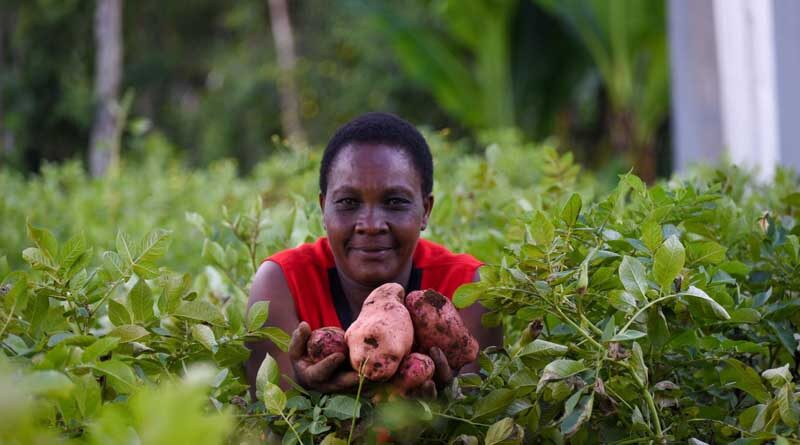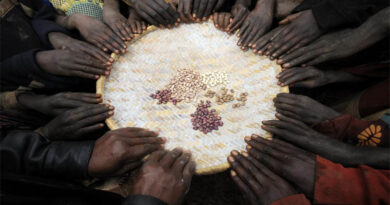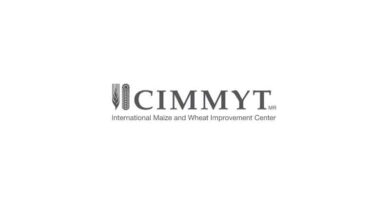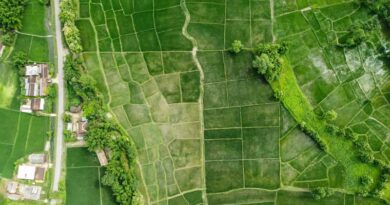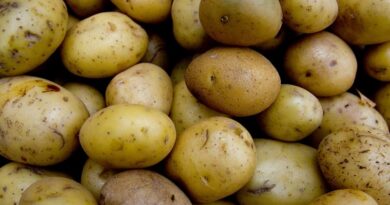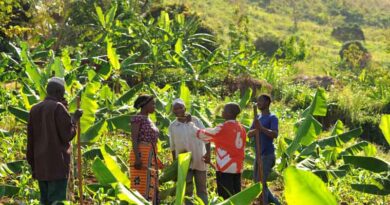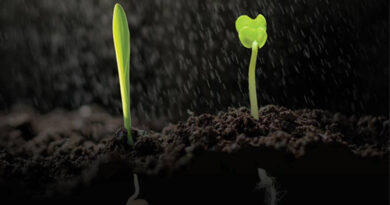CGIAR Annual Performance Report 2021 Now Available Online
30 July 2022, US: In 2021, CGIAR celebrated its 50th year of delivering critical science and innovations to address food insecurity, inequality, and environmental degradation around the world. A new online report, CGIAR Annual Performance Report 2021: Harvesting Research and Innovation for Impact, details how CGIAR worked with partners to respond to shocks to food security and build more resilient land, water, and food systems amid the ongoing challenges of the COVID-19 pandemic and the climate crisis. The fifth in a series of annual performance reports on CGIAR, the online document presents research-to-impact results in 2021 across CGIAR.
Despite the year’s challenges, CGIAR continued contributing substantially to the United Nations’ Sustainable Development Goals (SDGs) and advanced its transition to One CGIAR.
“It is significant that 2021 is CGIAR’s 50th anniversary year, and we are reminded that global problems are now known to be more complex and interrelated than perceived to be in 1971. Importantly, it is the moment to rise to the challenge of demonstrating the essential need for CGIAR as One CGIAR — a bolder and more operationally integrated institution — we are a stronger global, regional and local partner, and at the forefront of creating solutions.”
– Juergen Voegele, Chair, System Council, SC13 Chair’s Summary
Our impact
In honor of CGIAR’s 50th anniversary, the report presents a collection of innovations that have changed the world over the years, demonstrating the breadth and reach of CGIAR’s work impacting food and nutrition security, as well as how CGIAR has improved livelihoods for millions worldwide. A special section explores CGIAR’s new research and innovation portfolio comprising 31 Initiatives aimed at transforming food, land, and water systems in a climate crisis. The portfolio will deliver CGIAR’s current 10-year strategy and contribute to a more impactful and integrated CGIAR by positively impacting five areas: 1) nutrition, health, and food security; 2) poverty reduction, livelihoods, and jobs; 3) gender equality, youth, and social inclusion; 4) climate adaptation and mitigation; and 5) environmental health and biodiversity.
The 2021 report details the latest results regarding the impact of CGIAR research on meeting the SDGs and achieving CGIAR’s System-Level Outcomes (SLOs): reduced poverty; improved food and nutrition security; and improved natural resources and ecosystem services. In 2021, CGIAR reported 91 cases of high-level impact aligned to the SDGs across the Portfolio.
The Annual Performance Report highlights CGIAR’s global engagement and recognition. In 2021, CGIAR played an active role in both the United Nations Food Systems Summit and the Conference of Parties (COP) 26 of the United Nations Framework Convention on Climate Change (UNFCCC). CGIAR researchers and a CGIAR Center received prestigious food awards recognizing their valuable contributions to global food security.
Our response to the COVID-19 pandemic
The 2020 Annual Performance Report explores CGIAR’s continued response to the COVID-19 pandemic and details the work of the CGIAR COVID-19 Hub. The Hub leverages CGIAR’s knowledge, in-country resources, outreach, communications, and extensive partner network to help countries build resilience and cope with the impacts of the pandemic on food systems.
Results indicators
The report presents quantitative results for 2021, with key numbers provided on CGIAR innovations, policies, partnerships, capacity development, Altmetric Attention Scores, and peer-reviewed publications, as well as figures on funding and finance.
In 2021, CGIAR reported a total of 1,152 innovations — significant products or findings — with the majority related to genetic innovation. Across the CGIAR Portfolio, 69 innovations were taken up by next users and 203 innovations were available for uptake. CGIAR also reported 95 policies, legal instruments, or investments influenced by CGIAR research.
CGIAR highlighted 261 partnerships in 2021, a critical aspect of CGIAR’s capacity to conduct research and achieve impact at scale, of which 40% of them related to research. CGIAR significantly contributed to capacity development with 718,136 trainees (including long- and short-term; 53% men and 47% women) involved across the Portfolio. A total of 353 PhD students were incorporated into CGIAR research initiatives in 2020, of which 41% were women.
CGIAR researchers produced a total of 2,539 peer-reviewed publications in 2021, 83% of which were open access, and 94% published in ISI journals.
All of these figures can also be explored via the CGIAR Results Dashboard and the CGIAR Financial Report Dashboards.
Recent achievements
A selection of recent achievements in the Annual Performance Report highlights the diversity of CGIAR and partner contributions, ranging from the impacts of sustainable rice-fish management on nutrition and livelihoods in Cambodia to the integration of biofortified crops in Nigeria’s food systems, to climate services approaches that help farmers in Latin America respond to climate-related risks.
The full range of achievements for 2021 can be explored via the CGIAR Results Dashboard, revealing the depth and breadth of CGIAR’s research-for-development contributions.
Working together
The report summarizes the work in 2021 of four CGIAR Platforms:
- Platform for Big Data in Agriculture
- Excellence in Breeding Platform
- GENDER Platform
- Genebank Platform
In addition, the report shows how CGIAR has worked together in such areas as governance and open and Findable, Accessible, Interoperable, and Reusable (FAIR) data assets, as well as gender, diversity, and inclusion in CGIAR workplaces.
Also Read: Investment of Asean and Taiwan in India’s Food Processing Sector

